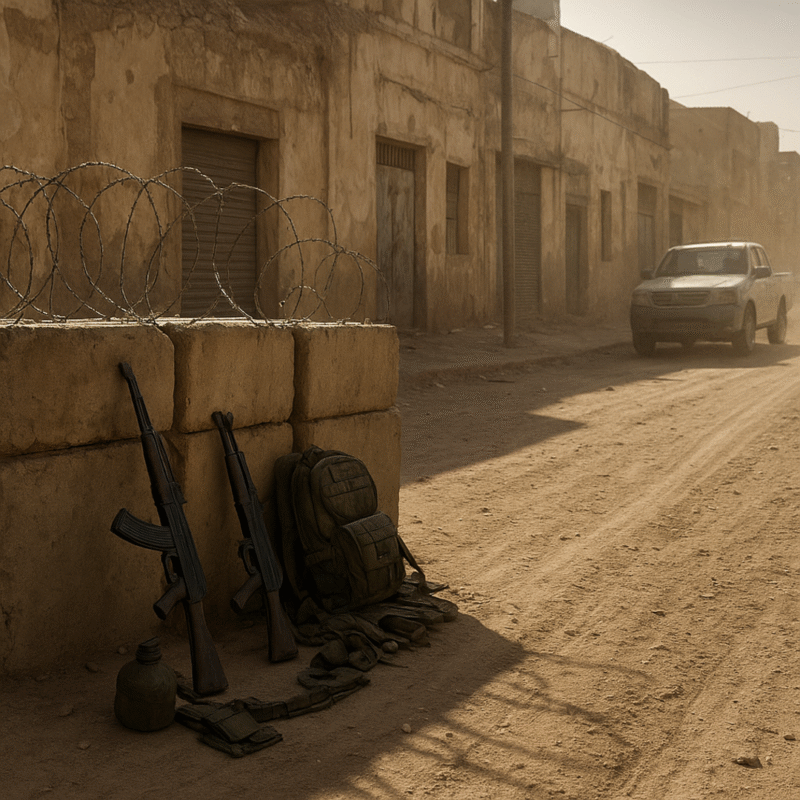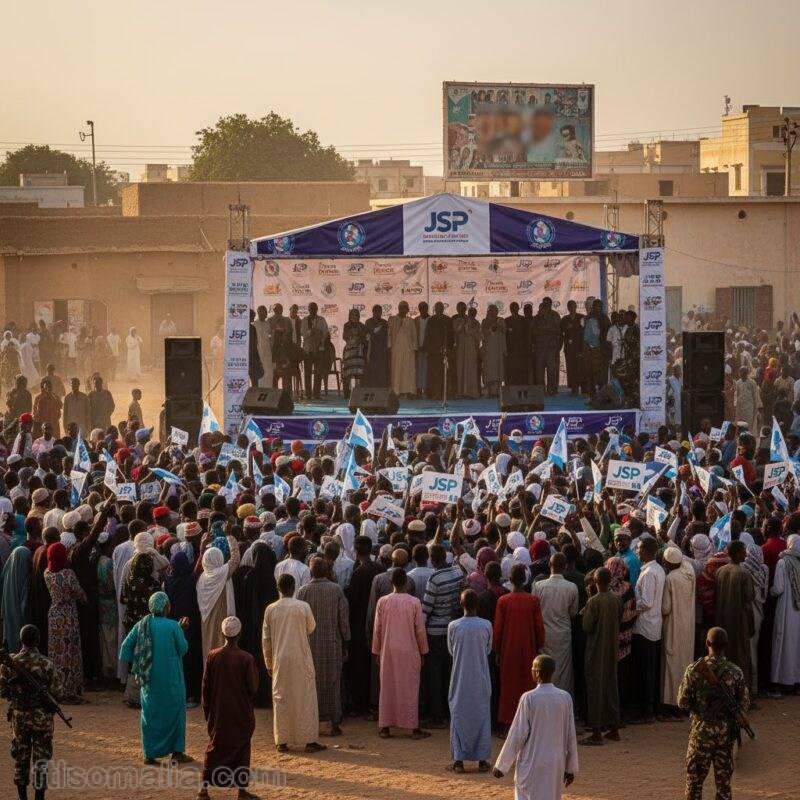Baidoa, Somalia — Around the world, the United Nations acknowledges the invaluable role journalists play in keeping the public informed and engaged. In Somalia, this commitment to media capacity-building was demonstrated through a recent two-day training program held in Baidoa, supported by the United Nations Transition Mission in Somalia (UNTMIS).
The workshop, organized by the Somali Women Journalists Association (SOMWA), brought together 35 media professionals to enhance their skills in media ethics, gender-sensitive reporting, and the responsible coverage of issues related to gender-based violence (GBV). Participants were equipped with tools to promote inclusive and accurate storytelling, ensure survivors’ privacy and dignity, and highlight the experiences of marginalized groups.
The training also emphasized the vital role Somali media can play in challenging harmful stereotypes, promoting public awareness, and fostering a culture of accountability when it comes to GBV.
UNTMIS representatives noted that this initiative is part of the UN’s broader support for the media sector in Somalia, recognizing the power of journalism to advocate for justice and amplify the voices of vulnerable communities.
The participating journalists welcomed the program as an opportunity to improve their reporting practices and make a positive impact. Local media outlets and civil society organizations also praised the UN’s commitment to strengthening the capacity of Somali journalists, especially at a time when accurate and ethical reporting is critical to the country’s recovery and development.
By investing in professional and responsible media, Somalia and its partners aim to ensure a more informed society, one where all citizens can contribute to national discourse and progress.




